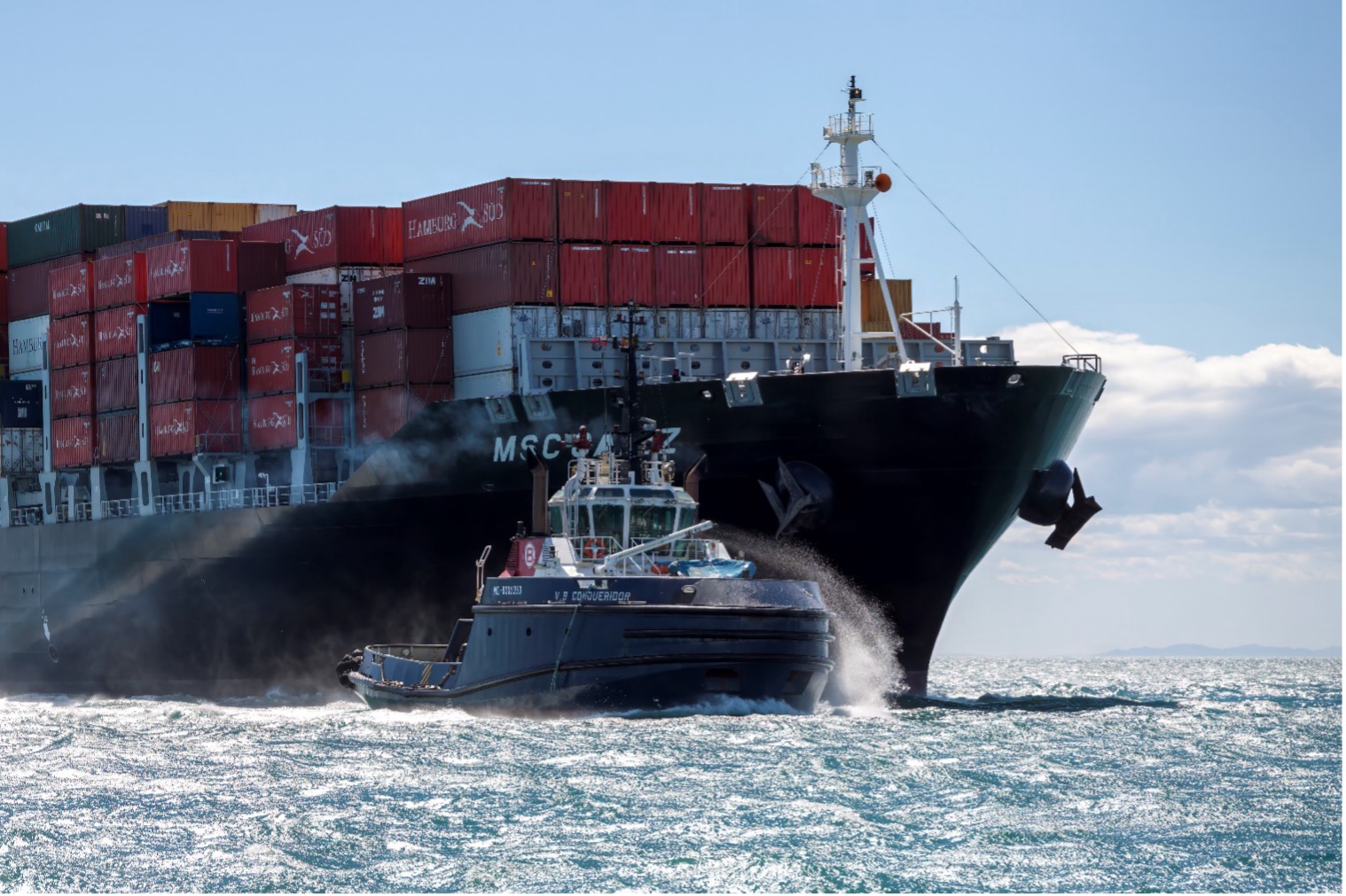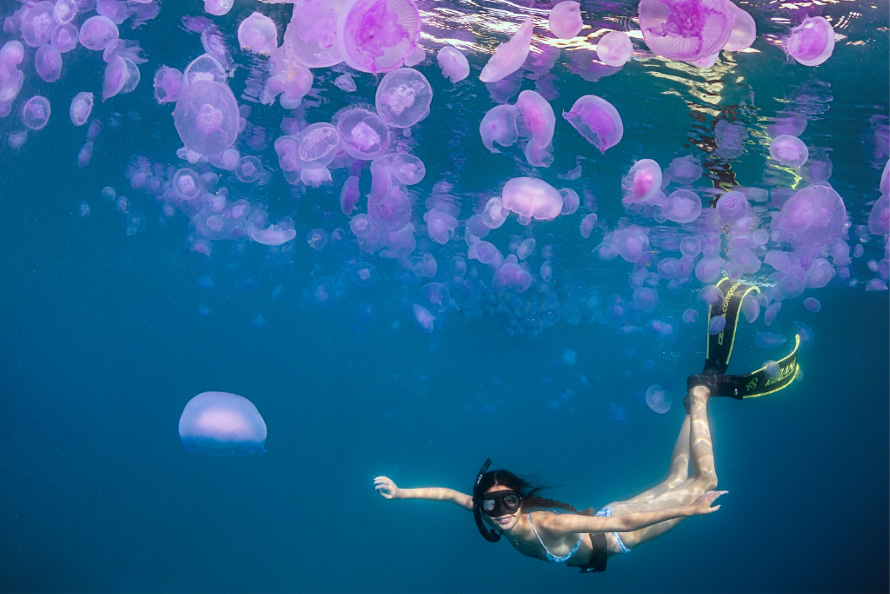Iliad experts to give keynote speech and plenary talks at Paris World Ocean Data Conference
Several research teams from the EU-funded Iliad project for a digital twin of the ocean will be featured at the International Ocean Data Conference - II (IODC-II) The Data We Need for the Ocean We Want, to be hosted by the UNESCO Intergovernmental Oceanic Commission (IOC), as part of its International Oceanographic Data and Information Exchange (IODE) programme, at UNESCO’s Paris headquarters on 20th and 21st March 2023.
On March 21st, Iliad scientists Bente Lilja Bye, Christopher Genillard, Arne-Jørgen Berre, and Lena Neidhardt will give a plenary talk titled 'Aquaculture Risk Metrics – A digital twin of the ocean with risk data and information for multiple stakeholders', as part of an afternoon session on interdisciplinarity and societal needs.
Their talk will present the 'digital twin of the ocean' being developed by the Iliad project, in the context of how it is strengthening cooperation between national, regional, and local players in Norway and reducing the region’s vulnerability to events – whether natural or caused by human activity – adversely affecting local fish farms.
In the presentation, the team will describe the process by which they combined heterogeneous data and information through the use of standards, data management principles, and other harmonisation measures. They will address co-design challenges and requirements relating to various tools for risk representation, as well as the need to integrate the array of risk data products, including ocean models, in-situ data, space-based data, and economic data.
'For this local digital twin of the ocean designed specifically for the aquaculture industry, a holistic view of risk is applied', the researchers explained. 'That includes identifying deficiencies or potential for improvement in society’s prevention and management of natural hazards and proposing measures to two stakeholder groups: managers of fish farms and insurers. In co-designing with these actors in the aquaculture and insurance industry, a landmark risk management code-of-conduct for European aquaculture will emerge'.
The holistic risk assessment for aquaculture focuses on marine ecology and climate change, they added, noting that Iliad will support the creation of an ecosystem for Earth observation and data platforms.
The long-term growth and development of the aquaculture industry depend on environmentally sustainable practices, ensuring the well-being of the marine environment and biological diversity, as well as safety, efficiency, and reliability, the team noted.
'As most capture fisheries worldwide are considered fully exploited or overexploited, the aquaculture industry has become an important sector catering to the global seafood demand, which will continue to increase with population growth, rising incomes and increasing urbanisation', they said.
On March 20th, Iliad partners Marie-Françoise Voidrot and Bente Lilja Bye will give the keynote talk opening the conference’s second plenary session. This session will bring together various speakers to discuss 'Community engagement and capacity development in data literacy'.
The aim of the session will be to illustrate efforts to improve digital literacy and engage various communities, stakeholders, and relevant professionals, through presentations highlighting how such engagement can lead to capacity development in areas such as data collection, standardisation, sharing, archiving and transformation into actionable, user-oriented data and information products, the conference organisers noted.
Voidrot and Bye’s keynote opening talk, titled 'From Theory to Practice: New resources for Capacity development for Earth Observation Data management' will focus on the Group on Earth Observation (GEO) Data Working Group dialogue series held late last year to promote GEO data sharing and data management best practices, principles, and benefits. In this way, the GEO dialogues – which have been published through the GEO Knowledge Hub – themselves provide tools contributing to building and broadening data literacy. Participants brought their experience in implementing the principles, detailed how they tackled challenges that arose, and highlighted the positive impacts that resulted.
'While standards fully support data management best practices, sharing broadly the same baseline of understanding and references supports communities’ engagement and interoperability', Voidrot and Bye noted.
During the same plenary session, another group of Iliad partners – Tara Zeynep Bariş, Thomas Li Fredriksen, Anna Silyakova, Cera McTavish, Erin Idelle Gallup, and Jo Øvstaas – will discuss the project as 'An end-to-end digital solution to lower the barrier to participation in ocean science'.
The expected outcome of the conference as a whole will be guidance for the international ocean data and information community aimed at realising the implementation of the ocean data and information 'global commons' by 2030.
The Data We Need for the Ocean We Want
Since IODE-XXII (2013), every Session of the IOC Committee on International Oceanographic Data and Information Exchange (IODE) has been preceded by a Scientific Workshop or Conference.
The IODC-II will focus on the implementation of commitments and recommendations, and report on the problems faced, solutions found, lessons learned and challenges identified.


